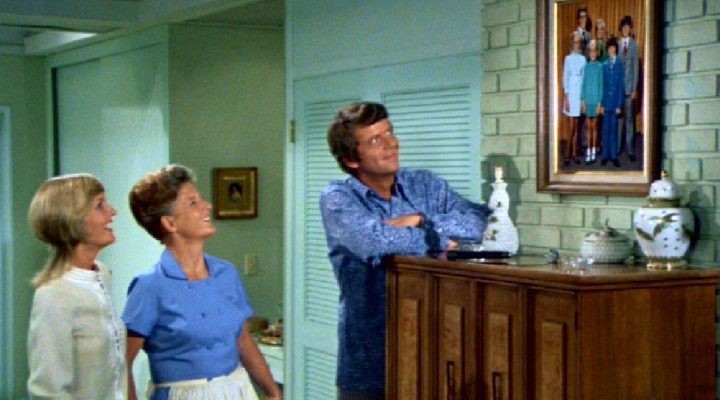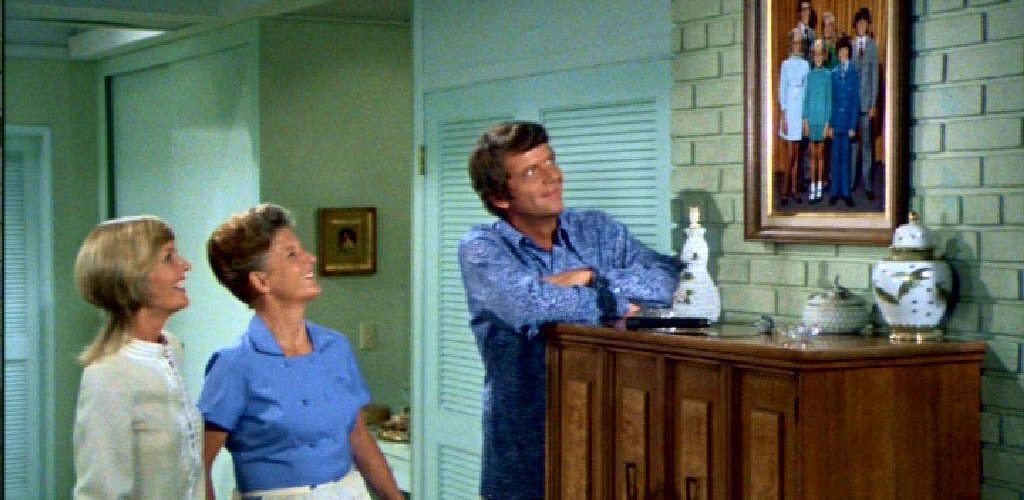If you Google “Mother’s Day” looking for a gift your mother might actually like — this could be the year to move past the needlepoint pillow that says “Home is where the Mom is” to a promise to let her go out to lunch alone — you may be surprised by some of the titles further down the screen: Is Mother’s Day Necessary?; Why Some of Us Secretly Hate Mother’s Day; Why I Hate this Beloved Holiday; and Good God, I Hate Mother’s Day!
Here is a partial list of reasons Mother’s Day can feel problematic: Some miss their mothers. Some miss their children. Some don’t love their mothers. Some don’t love their children. Some have terrible mothers. Some are terrible mothers. Some never wanted to be mothers. Some thought they wanted to be mothers but were wrong. Some want to be mothers and cannot. Some blame their husbands for the way the children turned out. Some think this holiday suggests that women with children are more important than those without. Some feel unappreciated and think a day of chocolate insufficient.

Brett Younger
Anne Lamott writes, “I hate the way the holiday makes all non-mothers, and the daughters of dead mothers, and the mothers of dead or severely damaged children, feel the deepest kind of grief and failure.”
The list of women who do not care for Mother’s Day includes the two women who made it happen. In 1872, Julia Ward Howe, who wrote The Battle Hymn of the Republic, organized a Mother’s Day rally for peace. She wanted to mobilize women against the policies that lead to war: “Why don’t mothers interfere in these matters to prevent the waste of human life which they alone bear and know the cost?”
The original Mother’s Day was not a Hallmark holiday, but a pacifist holiday — which explains why it did not catch on the first time.
The sequel came in 1905 when Anna Jarvis wanted to give her mom a shoutout — there’s a reason “Mother” is singular. Jarvis wanted to honor “the best mother who ever lived, yours.”
In 1914, President Wilson recognized Jarvis’ Mother’s Day as a national holiday that became too popular. Jarvis disowned her own holiday, because she couldn’t stand the idea of people spending so much money on extravagant flower arrangements, sappy greeting cards and over-priced candy.
“The original Mother’s Day was not a Hallmark holiday, but a pacifist holiday — which explains why it did not catch on the first time.”
The churches of my childhood did not recognize this inherent tension. The high point of Mother’s Day was the chairman of the deacons recognizing “special mothers.” He pinned an extra-large corsage on Dolores, the oldest mother. Edna won mother with the most children present until her oldest spent a Mother’s Day in jail. The youngest mother received a corsage until Shirley had a baby at 16. Even as kids, we knew the church was honoring three women who did not understand birth control.
The models for motherhood used to be TV mothers like Olivia Walton, who had eight, count ’em, eight children; Carol Brady, who dropped everything to listen, though, of course, it was easier for her because Alice did the work; June Cleaver, who never got angry with Beaver no matter how much trouble he got into. When Wally asked to invite Eddie Haskell for dinner, June answered, “As long as he doesn’t mind eating off the everyday china.”
Television mothers have gotten more realistic. Mom is about a newly sober single mother trying to raise two children while dealing with her overly critical alcoholic mother. It’s a comedy. Marge Simpson spends her cartoon life trying to maintain order in a disorderly home. WandaVision could be the most telling. Wanda’s children never existed in reality but are the result of her sadness, hope and love.
I am a son and father with good reasons to like Mother’s Day. My mother is alive and wonderful. My wife is an amazing mother. I love praising my mother and hearing my sons praise their mother. I hope those who enjoy Mother’s Day can keep enjoying Mother’s Day, even as we care for those who don’t.
“On Mother’s Day, be gentle with yourself and everybody else.”
In Patty Jane’s House of Curl, Patty Jane and Harriet are the daughters of an alcoholic mother. They are playing “When I.” One begins a sentence, “When I grow up …” and the other finishes it, “I’ll eat as much butter as I like.” One afternoon they are pushing the lawn mower together as their mother is sleeping it off on the porch couch. Patty Jane says sarcastically, “When I’m a mother …” and Harriet stops pushing the mower, stares at her mother and says, “I hope things’ll be easier for me.” Patty Jane sneers, wanting to wave away Harriet’s answer like a mosquito, but she is humbled by the look in Harriet’s eyes, by love, tender and fragile.
On Mother’s Day, be gentle with yourself and everybody else.
Brett Younger serves as senior minister at Plymouth Church in Brooklyn, N.Y.


